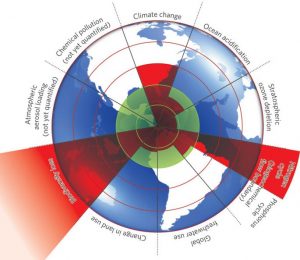
Feeding the World
Implementing global changes in food production and consumption. Of all the apocalyptic scenarios one can imagine—war, disease, explosion of the sun—one that may not come

Implementing global changes in food production and consumption. Of all the apocalyptic scenarios one can imagine—war, disease, explosion of the sun—one that may not come
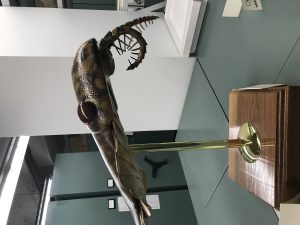
Improving the localization of rare soft-tissue fossils Think of a fossil. What do you see? Perhaps dinosaur bones, teeth, or mollusk shells? When we think
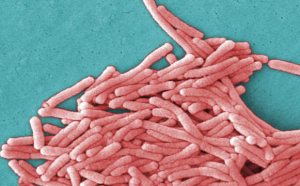
In the 21st century, some believe water contamination in the United States is an issue of the past. Advancements in plumbing, sanitation, and water treatment

Space: the final frontier. Researchers at Yale work to boldly go where no researcher has gone before. With a newly designed EXtreme PREcision Spectrograph (EXPRES)

What do a Florida mangrove swamp, a Connecticut cattail-lined salt marsh, and an Oregon tidal freshwater forest all have in common? Sure, that funky low-tide
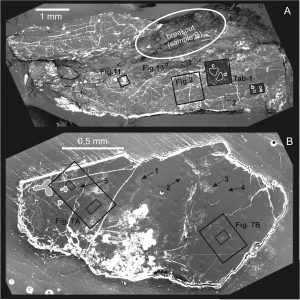
A meteorite found in Egypt in 1996, deemed “Hypatia,” was recently further analyzed by researchers at the University of Johannesberg. In their published results, they

Though hidden, Earth’s interior is full of activity. Heat from Earth’s interior drives plate tectonics, the movement of giant slabs of the Earth’s crust. At

The evolution of super-black feathers in birds-of-paradise Just like a teenager before a first date, male birds-of-paradise spend hours checking their looks and practicing their

Humans use eye contact all the time, from bonding with our babies to sharing an awkward glance with someone during an embarrassing situation. Eye contact
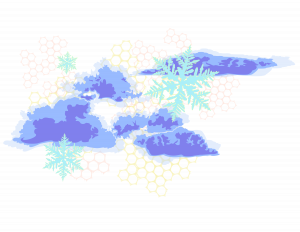
Understanding Cloud Behavior through Computational Modeling On some days during the coldest months of winter, we are greeted by fluffy snow falling from the sky
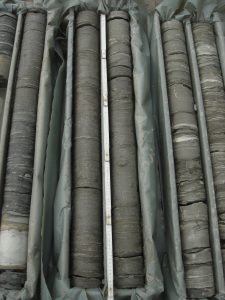
A butterfly lands on top of a flower and draws nectar with its coiled mouthpiece; the butterfly and the flower seem to be an inseparable

Global warming takes its toll on sea turtles Sea turtles are the latest species affected by the rising temperatures characteristic of global warming. Researchers at